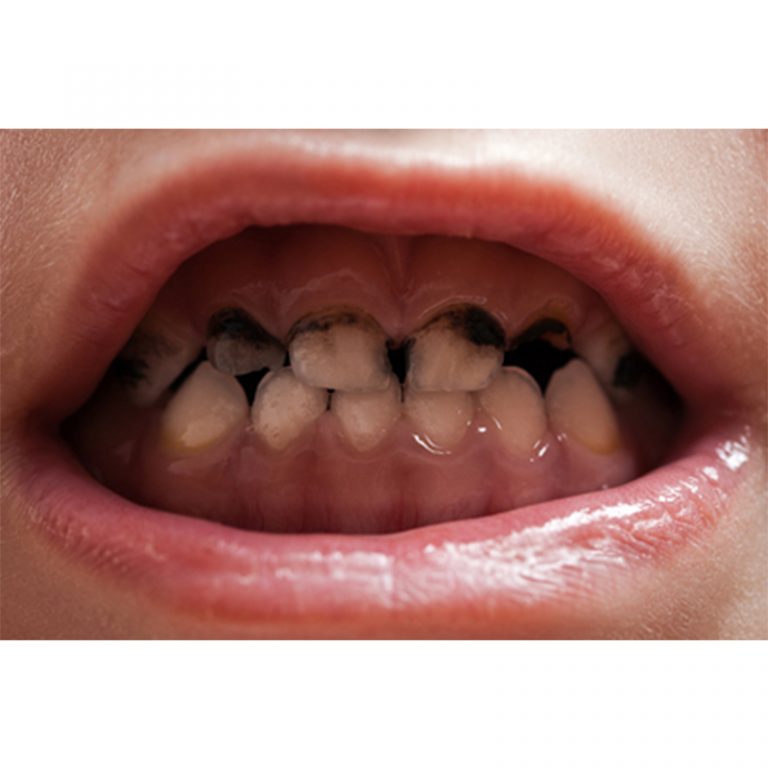Lymphoma (Lymph Nodes Glands) Lymphatic Cancer Symptoms Treatment
What is Lymphoma (Lymphatic Cancer)?
Lymphatic cancer, or lymphoma, is growing at a very fast rate in our modern world. This is largely due to our increasing exposure to chemical pollutants, both in our food and in the environment in general. It is a cancer of the lymph glands, lymph nodes and lymphatic pathways, also called lymphoma cancer, on which our immune system is highly dependent, as lymph is the fluid which carries the infection-fighting white blood cells (lymphocytes) and clears toxins and bacteria from the cells and the blood stream.
In lymphoma cancer the body produces excessive numbers of lymphocytes, which collect in parts of the lymphatic system, particularly in the lymph nodes. Two common sites for this to occur are under the arms and in the groin but other sites are deeper seated and much less accessible. For reasons not yet understood lymphomas develop because of biochemical changes in the lymphocytes which affect their rate of growth and prevent them from dying when they should. They also lose their infection fighting capability and the immune system then loses its efficiency.
Ayurveda explains the accumulation of material in the lymph nodes as an accumulation of Kapha (mucus) caused by incomplete drainage. This does not always cause a serious problem but it can be increasingly difficult to move and toxins will be much more likely to accumulate in whichever part of the body is affected. The toxins become a part of the lymph and ultimately of the gland itself; a lymph cancer tumour may then result. My own view is that the loss of control over cellular growth is caused by faulty signalling, which causes the immune system to react in emergency mode. This is borne out by the fact that certain secreted chemicals can be identified in laboratory testing.
Surgical removal of lymph nodes is a common procedure, particularly in the case of breast cancer, but the lymphatic system is extremely robust so there can be no guarantee that the cancer will not return. Drug and radiation treatments also carry the risk of further problems, as excessive drying of the healthy mucus can lead to dehydration, causing deficiencies and electrolytic imbalances, which in turn create sluggishness and fatigue, as well as immunodeficiency.
Ayurveda’s approach to lymphoma treatment is two-fold, the priorities being to balance the immune system and to reduce the production of Kapha. A variety of herbs are utilised with this in mind, each one having a different site of action. These herbs have to achieve their effect without drying out the mucus totally and also without raising Pitta to the extent that irritation is caused. For example, chilli would not be appropriate for lymphoma treatment in the case of anal or colon cancer. Correct regulation of the production of healthy lymphocytes is achieved by means of herbal medicines which act on the liver, the bone marrow and spleen, while symptomatic treatment to address enlarged lymph nodes and any troublesome lymphoma symptoms, and immunomodulatory herbs to boost the immune status all play a part in a treatment program which although not a quick fix is designed to treat the condition without introducing a new set of complications.
Call us on 1300552260 for free consultation if suffering with Lymphatic cancer symptoms

*Discover holistic healing with a complimentary phone or video consultation from our expert Ayurvedic practitioner. Start your path to better health today!*





















